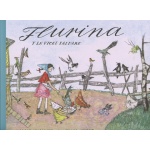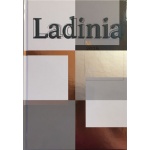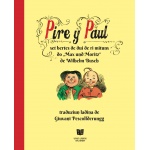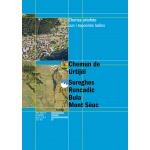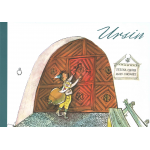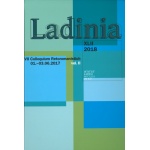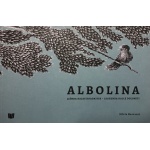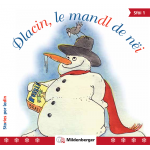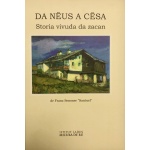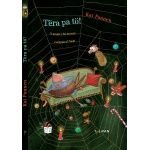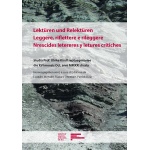
The word LADIN originates from LATINUS (Latin). Ladin is a romance or neo-Latin language. After the Roman conquest of the Alps in the year 15 B.C. the indigenous people took on the vernacular Latin spoken by civil servants and soldiers without, however, rejecting their own native language completely. Each of the peoples subjugated by the Romans developed the language of Rome to various degrees depending on the local idiom. Ladin (also known as Retoramanish ) is a Romantic language. The term "Ladin" comes from LATINUS, "Latin". After the annexation of the alpine region into The Roman Empire 15 century B.C., the local population took on the coloquial latin spoken by government officials and soldiers without however ignoring their own language completely. The Latin the Raeter, Norika and Karner heard was not, of course, the Latin of literature or the Latin we now describe as classical Latin with its hard and fast rules and which has been handed down to us in the Classics but rather a "people's Latin" which although very widespread varied from place to place and was a rather "unstable" every day means of communication.
For centuries the written language of Rome has been the language of Western Culture whereas a variety of initially oral means of communication have developed from it to form what we could now call the family of Romantic Languages. Dolomite Ladin still has some of the typical Latin characteristics which spread with the expansion of the Roman Empire along the central and eastern Alps as well as throughout the pre-alpine regions to the north and to the south. In addition, Ladin has distinct celtic influences. Despite the homogenous nature of the Ladin valleys Ladin still has many of the characteristics which were typical of the gallo-romantic language area. Every where in Ladinia we find pre-Latin terminogy (also described as Raetish) for example place names or words which survived in alpine Latin; barantl "Legföhre", roa "landslide", crëp "rock", dascia "pine branch".

